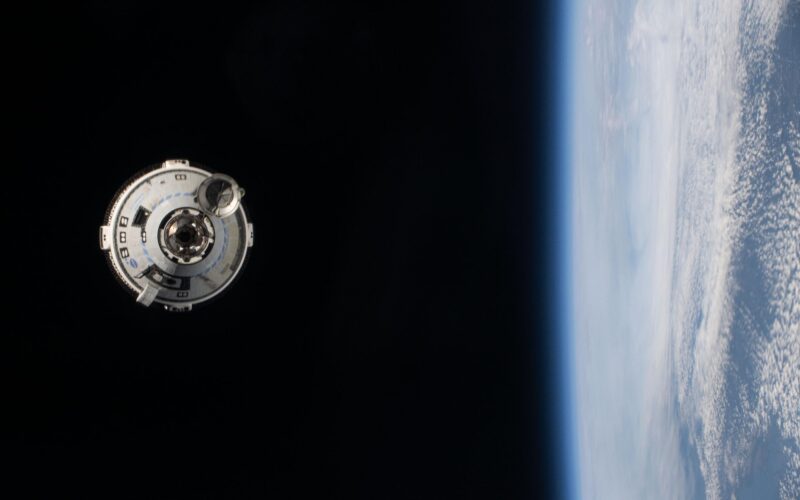NASA astronauts Barry Wilmore and Sunita Williams will spend a few more days aboard the International Space Station (ISS) after it was announced that the earliest Boeing Starliner spacecraft will return to Earth has been rescheduled for June 18, 2024.
It had been expected the Boeing CST-100 Starliner would return at the earliest from June 14, 2024, but will now be delayed so a spacewalk can be carried out and engineers have more time to “complete system checkouts”.
“@NASA and @BoeingSpace teams set a return date of no earlier than Tuesday, June 18, for the agency’s Boeing Crew Flight Test. The additional time in orbit will allow the crew to perform a spacewalk on Thursday, June 13, while engineers complete #Starliner systems checkouts,” NASA said on June 9, 2024.
NASA confirmed astronauts Tracy C. Dyson and Matt Dominick will exit the “station’s Quest airlock to complete the removal of a faulty electronics box, called a radio frequency group, from a communications antenna on the starboard truss of the space station”.
In a mission update from Boeing, it said that the return of CST-100 Starliner from June 18, 2024, was dependent on “pending weather and spacecraft readiness”.
.@NASA and @BoeingSpace teams set a return date of no earlier than Tuesday, June 18, for the agency’s Boeing Crew Flight Test. The additional time in orbit will allow the crew to perform a spacewalk on Thursday, June 13, while engineers complete #Starliner systems checkouts. pic.twitter.com/GCnxKWZ6rU
— International Space Station (@Space_Station) June 9, 2024
Boeing teams are also assessing what impacts, if any, five small leaks in the service module helium manifolds would have on the remainder of the mission.
NASA previously announced that around 12 hours into Starliner’s mission to ISS on June 5, 2024, that three helium leaks had been detected on board.
The space agency said that one of the leaks had been discussed before launch and it was decided that the mission was safe to proceed with the crew free from danger.
“Engineers evaluated the helium supply based on current leak rates and determined that Starliner has plenty of margin to support the return trip from station,” Boeing explained on June 10, 2024.
The company added: “Only seven hours of free-flight time is needed to perform a normal end of mission, and Starliner currently has enough helium left in its tanks to support 70 hours of free flight activity following undocking.”
Engineers are also evaluating an RCS oxidizer isolation valve in the service module that is not properly closed.
All other oxidizer and fuel valves within the service module were cycled normally, Boeing said.
“The suspect oxidizer isolation valve was not cycled in the recent checkout. It will remain commanded closed for the remainder of the mission while ground teams continue to evaluate its data signatures,” Boeing explained in a statement.

